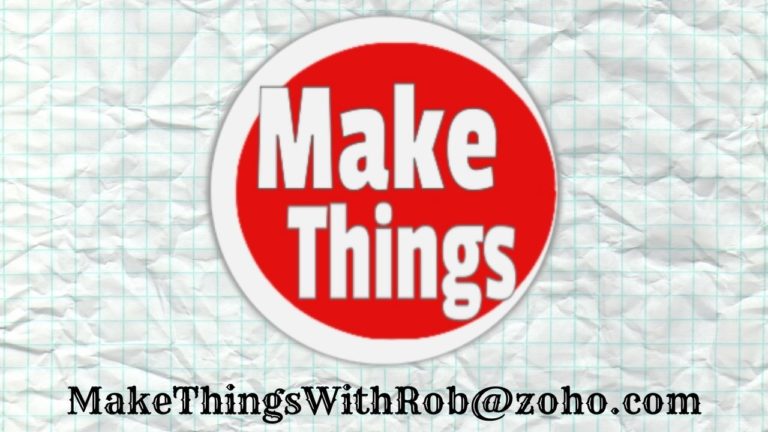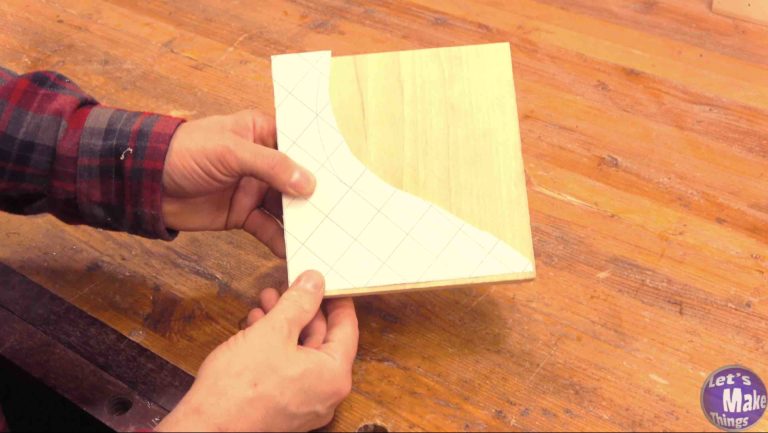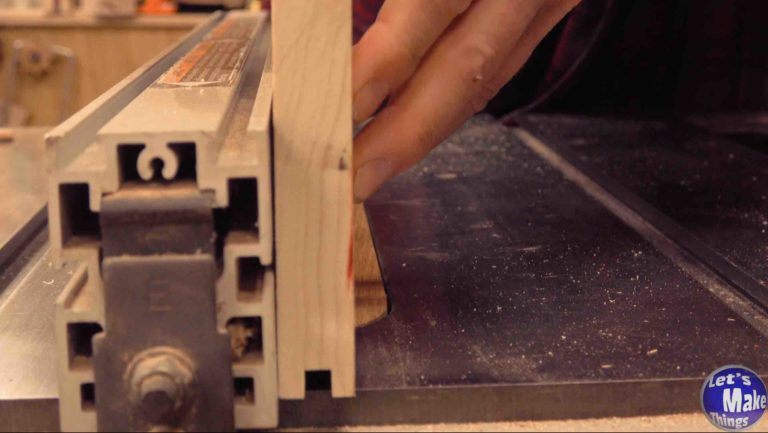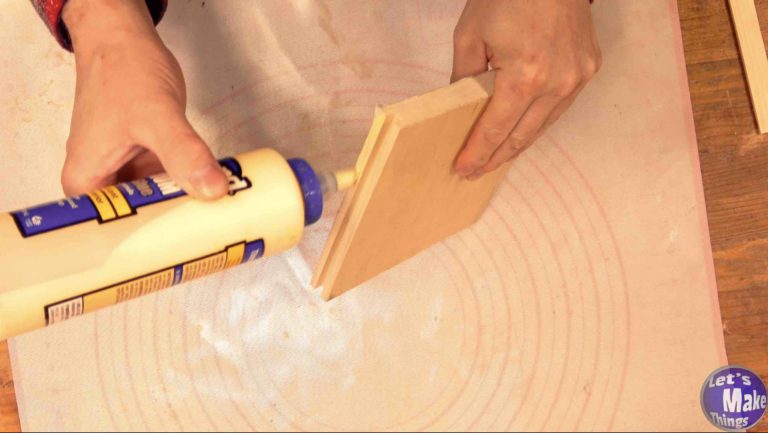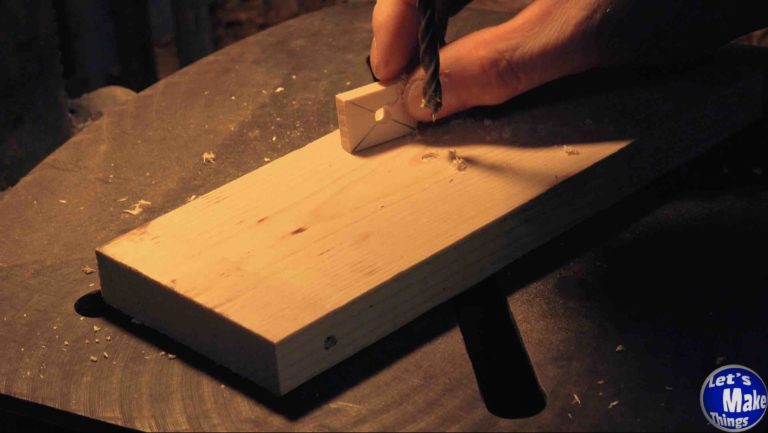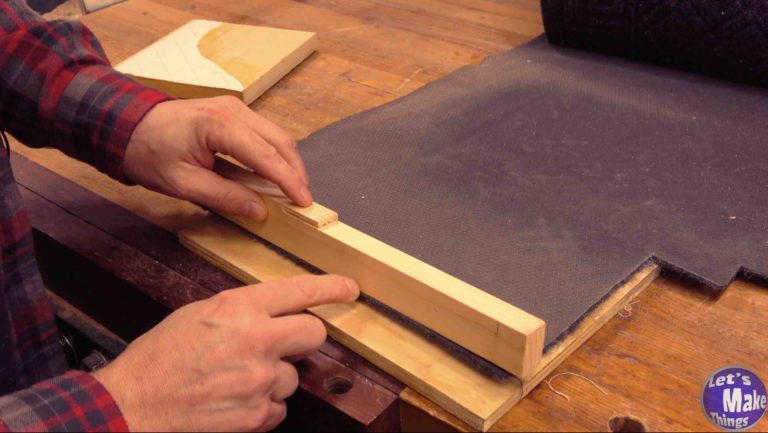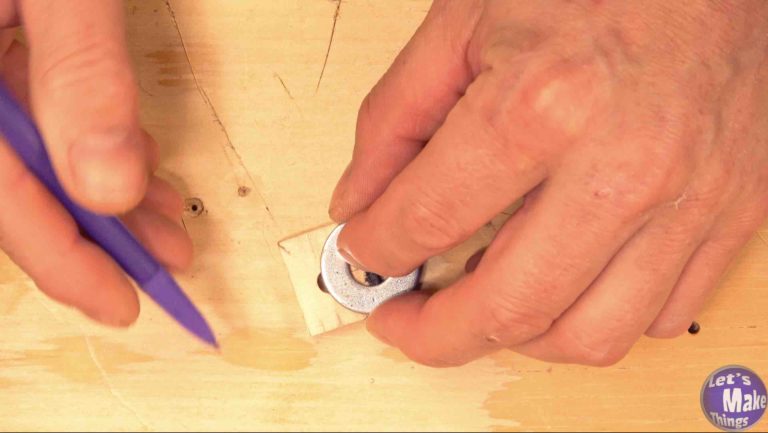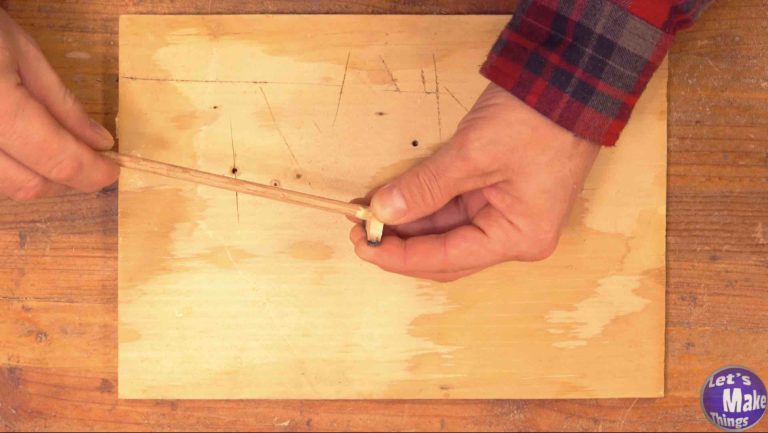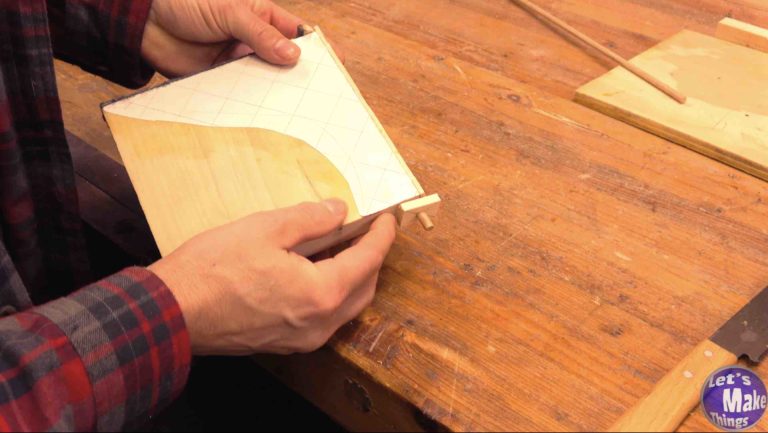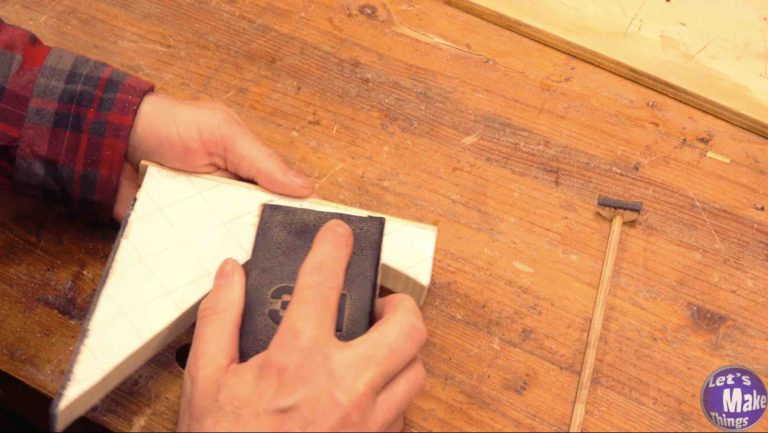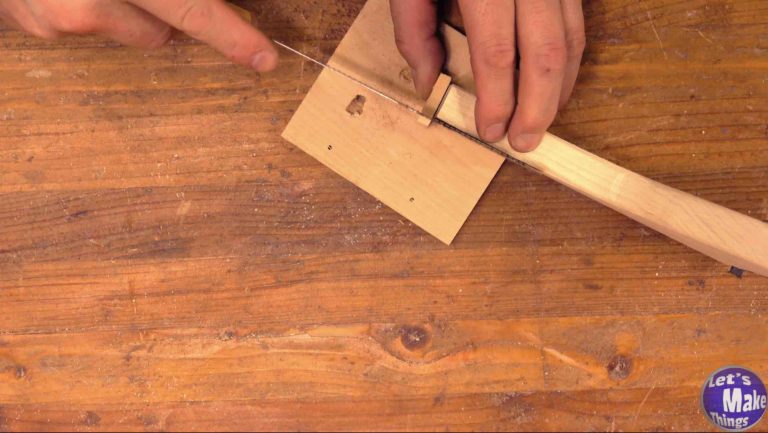Advanced Cam Push block
I’ve never liked push blocks. It wasn’t until I really dived into making videos that I began to see my fingers and how perilously close I got them to the blade that I decided that I really needed to take it more seriously.
But the ones I had tried never gave me the control I felt like I got with my hands. There’s a certain grip you feel when you push the wood through the blade as your hand is twisting towards the fence. Try as I might, I couldn’t get that same satisfaction from traditional push blocks.
This is when I decided to make a rotating pin that would allow me to position my effort towards the fence.
I had mentioned early on when I discovered tracker runner that I thought it would be revolutionary. Used with my old design and it is unbelievable. I’ve included the old video that I made, years ago but this website contains an easier, better make. Enjoy!
watch all steps in this video before starting
Printout
Materials
- 3/4″ x 5 5/8″ x 5 5/8″ solid wood
- 3/4″ x 1 1/2″ x 14″ (Common 1×2)
- 1/4″ x 7″ dowel (preferably hardwood)
- Tracker Runner (see this before continuing)
- Wood glue, Mod Podge
Tools Needed/used
- Table Saw
- Drill Press
- Bandsaw (coping saw would work)
- Sander or sanding block
- Awl
- Pencil
- Hand saw
- Yard stick (or Tape measure)
- Fine ruler
- Square
- Clamps
- Glue mat
Please use the material and tool list as a guide to finding the products locally.
As an amazon associate I earn from qualifying purchases.
Step by step instructions
Patterns
You’ll be starting off with a 6 and 5/8″ square. You’ll want it to be real wood and not MDF or plywood. If you don’t have a solid piece of wood…make one by gluing several together.
The pattern spoke of in this step is here. Make sure the diamonds on the pattern equal 1″. Of course, you don’t have to use the same exact pattern I have, just the rough dimensions you’ll need to complete this.
Cutting the handle groove
We’ll cut a groove for a dowel that will connect to the pin. This is a simple method where we’ll find the center of the thickness of the board we started with and move the fence until we reach a cut that’s a little bigger than 1/4 inch.
- The depth of the cut needs to be slightly larger than 1/4 inch
- It’s important that you don’t cut the end grain, but the side grain (see picture).
- Be sure to check after each set of cuts to see if the dowel fits.
cutting the end cap
As we cut the center out in the last step, we’ll now want to cover it. We’ll take a 1 x 2 and cut an 1/8 inch strip that’s 6 and 7/8 inches long.
- Be sure to cut only the length of the block and pull the wood back out of the blade.
- Use a hand saw to cut the length to size after the width has been cut. Do not use the table saw for this.
tracker runner
We’ll cut a section of tracker runner that will work on the bottom of the push block as well as the pin, using either 50/50 solution of white glue or Mod Podge. Both will be saturated with the glue and pressed against each wood piece.
gluing the dowel cap
With the pin dried (give it about 30 minutes), we’ll work on the dowel cap that will sit on the top of the push block and prevent gravity from pulling it out.
We’ll go back to the strip we cut the pin from and cut the other inch out. Like the pin, we’ll connect the diagonals and drill the center with a 1/4″ drill bit.
- Do not glue this onto the dowel yet!
- You may round or shape the ‘cap’ at this point, so long as you’re careful not to cut into the center.
installing the dowel assembly
We’ll insert the dowel with the connected pin through the handle and add the cap to the top. The pin should have a little play so that it’s about half the distance of the back cover, or an 1/8″. This will allow you to do thinner wood pieces as well as thicker.
Next. when you’ve determined the size needed for your dowel, cut above the cap and add glue to the cap.
Usage
To use this push block with the advanced cam pin, you’ll put the pin on the edge of the wood and twist the handle so that it points to the fence. Then you’ll both push the block against the fence and forward. You’re done! Get yourself a sundae for all your hard work!
Tip Jar
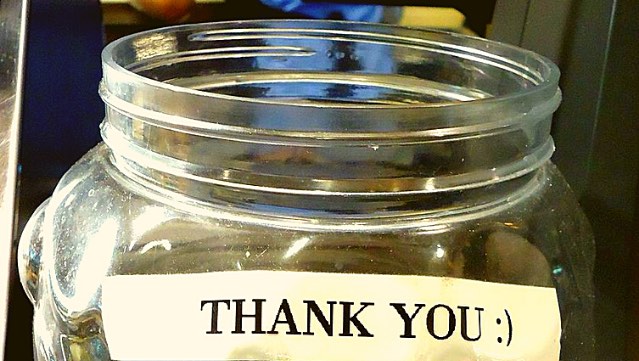
If you’d like to support me through Patreon, you’ll get these benefits:
- Weekly exclusive video
- Early Access to both my Make Things and Let’s Make Things Channel
- Get recognition at the end of each of my main channel videos for your contribution
- A free Awl
- Secret Project Updates
- Get help for projects you’re working on
- Contest opportunities
- Free Gear Stool plans
If you found any errors on the page, please contact me and let me know!
